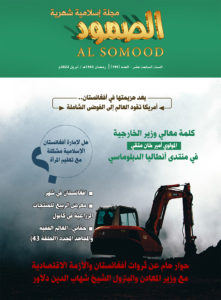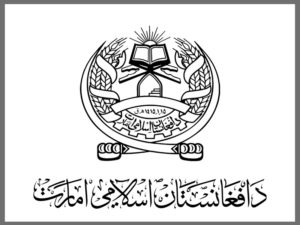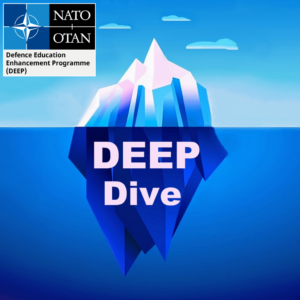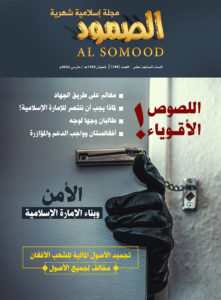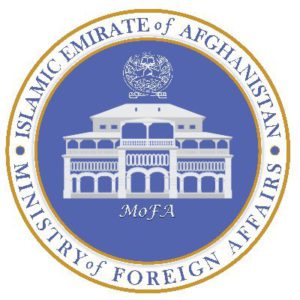
In the name of Allah, the Most Beneficent, the Most Merciful
Honorable participants of Antalya Diplomatic Forum,
I would like to start off by thanking President of the Turkish Republic, His Excellency Regip Teyyep Erdogan, and my honorable brother, the Minister of Foreign Affairs Mevlut Cavusoglu for bringing us all together through this initiative, the Antalya Diplomatic Forum.
The theme of this Forum ‘Recoding Diplomacy’ was truly striking for me, because despite the presence of thousands of diplomatic missions and hundreds of thousands of diplomats across the globe – the existence of wars and its detrimental effect on lives and livelihoods in multiple states, and the failure of diplomacy by countries and the world order in preventing and finding just resolutions to conflicts, along with the hand of negative diplomacy in igniting, escalating and broadening wars indicates that there exists a profound flaw in the current form of diplomacy, and there exists a genuine need to review the present methods and constructs of diplomacy.
This deep flaw in diplomacy can rightly be understood by a country like Afghanistan which has suffered from the detrimental effects of four decades of conflict.
We believe diplomacy should not be employed to legitimize wars, but to prevent outbreak of violence. It should not be a mere tool to promote the ideologies and interests of great powers, rather it should be utilized to protect the sovereignty, identity and legitimate interest of all countries without taking into account their military might. We believe that diplomacy should not only be a necessity for the weak, but also a requirement for great powers.
It was on this exact basis that in the year 2001 our late leader, Amir-ul-Mumineen Mullah Muhammad Umar Mujahid, proposed dialogue with America, but the then US administration was adamant about a military invasion. Armed struggle against an armed invasion was our duty and a necessity. But in spite of that, when the United States elected talks in 2010, interactions revived and sincere diplomacy was pursued, an agreement was struck on the 29th of February 2020 resulting in withdrawal of foreign forces from Afghanistan and an assurance to the world that the territory of Afghanistan would not be used against others.
Honorable participants,
We continue to pursue the path of diplomacy and dialogue with all parties even after the developments of 15th of August 2021. We have announced an amnesty to all our political and military rivals and have implemented such in practice. We have maintained sincere engagement with all those countries that waged a war inside our country for twenty years.
Afghanistan seeks to turn a page on the past and move forward in tandem with the world on the basis of understanding, legitimate mutual interests and cooperation. As we again reassure all regional and world governments that the territory of Afghanistan will not be used to threaten international peace and security, we look forward to reciprocal treatment from other countries.
As a nation coming out of a four-decade conflict, we seek cooperation of world countries in building a politically stable and economically self-reliant Afghanistan, and we also seek their assistance in the unconditional release of Afghan central bank reserves and an end to all economic sanctions on Afghanistan.
In parallel to expressing our appreciation for humanitarian assistance to the people of Afghanistan by friendly nations, we request world countries to extend development aid to Afghanistan to lay the foundations of a durable economy.
With comprehensive security, end of corruption and blessing of a committed government, Afghanistan stands ready to become the beacon of peace and a center for regional economic connectivity and prosperity through implementation of mega economic projects.
The Ministry of Foreign Affairs of Afghanistan, through diplomacy, will remain your partner in all positive actions and will accompany you in promoting loftier accepted diplomatic principles.
__________________
